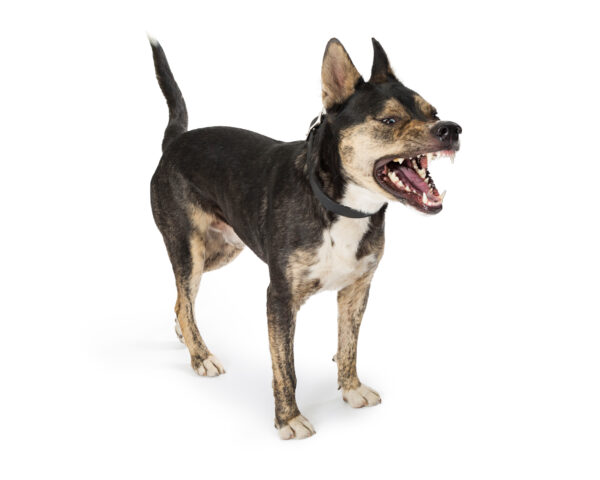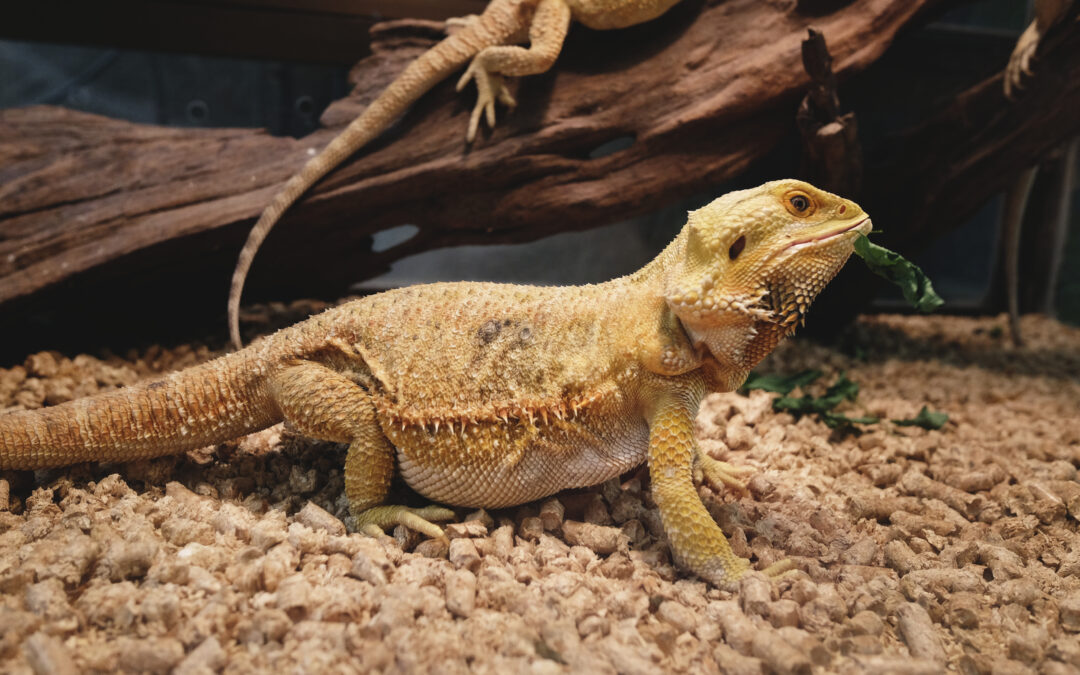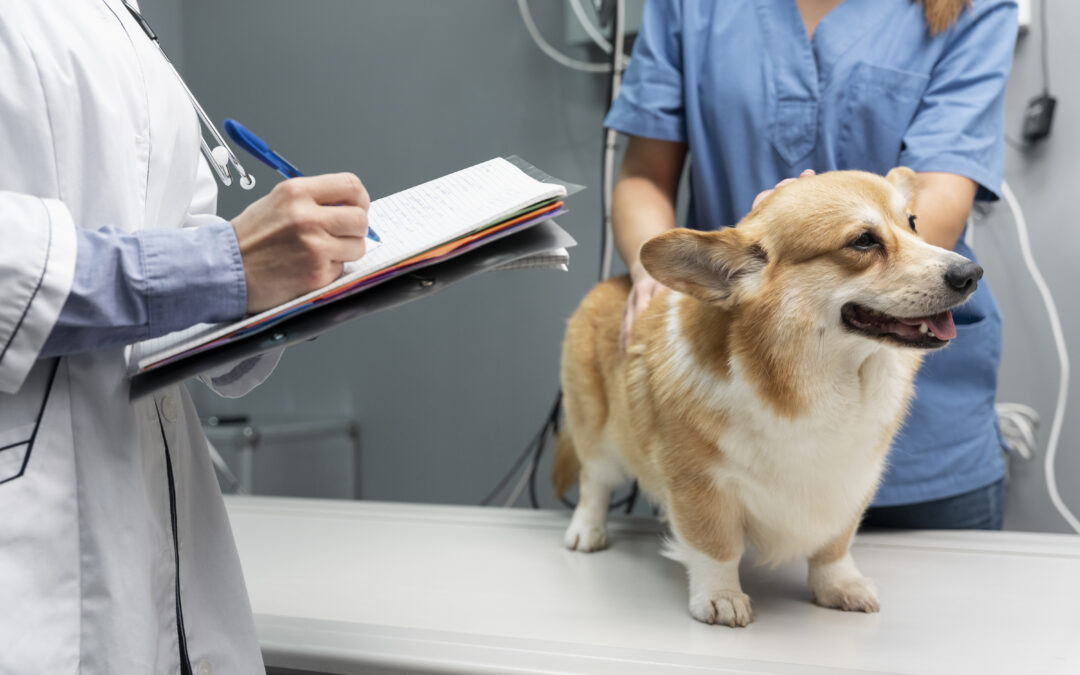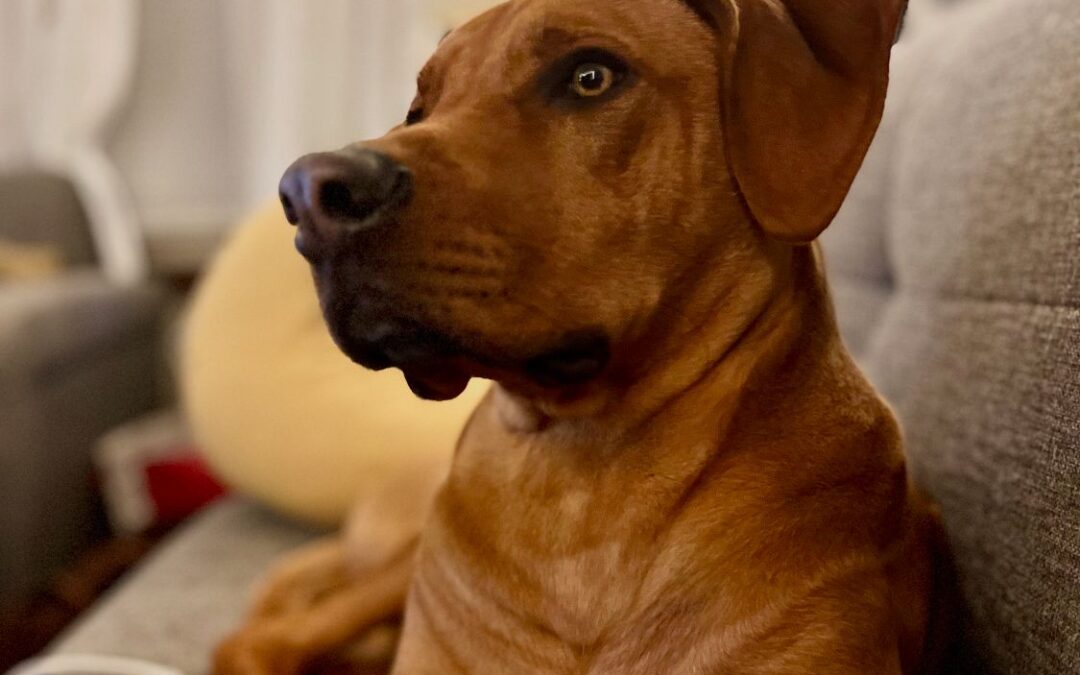
During a reverse sneeze episode, an animal rapidly inhales air in a way that appears to be the reverse of a regular sneeze. This results in a distinctive, snorting or honking sound, often accompanied by the pet extending its neck, standing still, or making a slight gagging motion.
Episodes can last from a few seconds to a minute, and while they may be unsettling to witness, they usually resolve on their own.
Reverse sneezing is generally harmless, but there may be times when you want to consult a veterinarian. Our experts at Veterinary Urgent Care Center offer their advice on when you should seek medical care for your pets.
If there is an Increased frequency or severity: If your pet experiences frequent or prolonged reverse sneezing episodes, or if they become more intense over time, it’s advisable to consult your veterinarian. Every now and then is not something to be concerned about. But if you notice the frequency picks up, please reach out to your primary care veterinarian first to schedule an appointment. We in urgent care can also take a look if you can’t get into see your primary care vet and want some medical attention more immediately.
If there are other signs of respiratory distress: If your pet has difficulty breathing, shows signs of choking, or exhibits other respiratory symptoms alongside reverse sneezing, seek immediate veterinary assistance. Discuss options with your primary care veterinarian, but it may be best to utilize urgent care, like us, to get a quicker diagnosis if there are no openings with your primary care vet.
If you notice other symptoms…such as coughing, nasal discharge, lethargy, or loss of appetite, it’s important to consult a veterinarian for a thorough evaluation. Some other medical issue could be at play and we would want to get to the root cause. Receiving a diagnosis from urgent care for quicker results can be beneficial if you are unable to see your primary care veterinarian. But managing the longer-term care with a trusted primary care veterinarian is important and you want to establish that relationship.
Reverse sneezing may startle pet owners, but understanding this common occurrence can help ease worries and provide appropriate care for our furry companions. By recognizing the triggers, remaining calm during episodes, and creating a comfortable environment, we can support our pets through these transient episodes. However, if you have any concerns or if the reverse sneezing becomes frequent or severe, it’s always best to consult your veterinarian for professional guidance and peace of mind.
Veterinary Urgent Care Center is open seven days a week and offers walk-in appointments daily. Book online or view our hours before you walk-in at veturgentcare.com.



